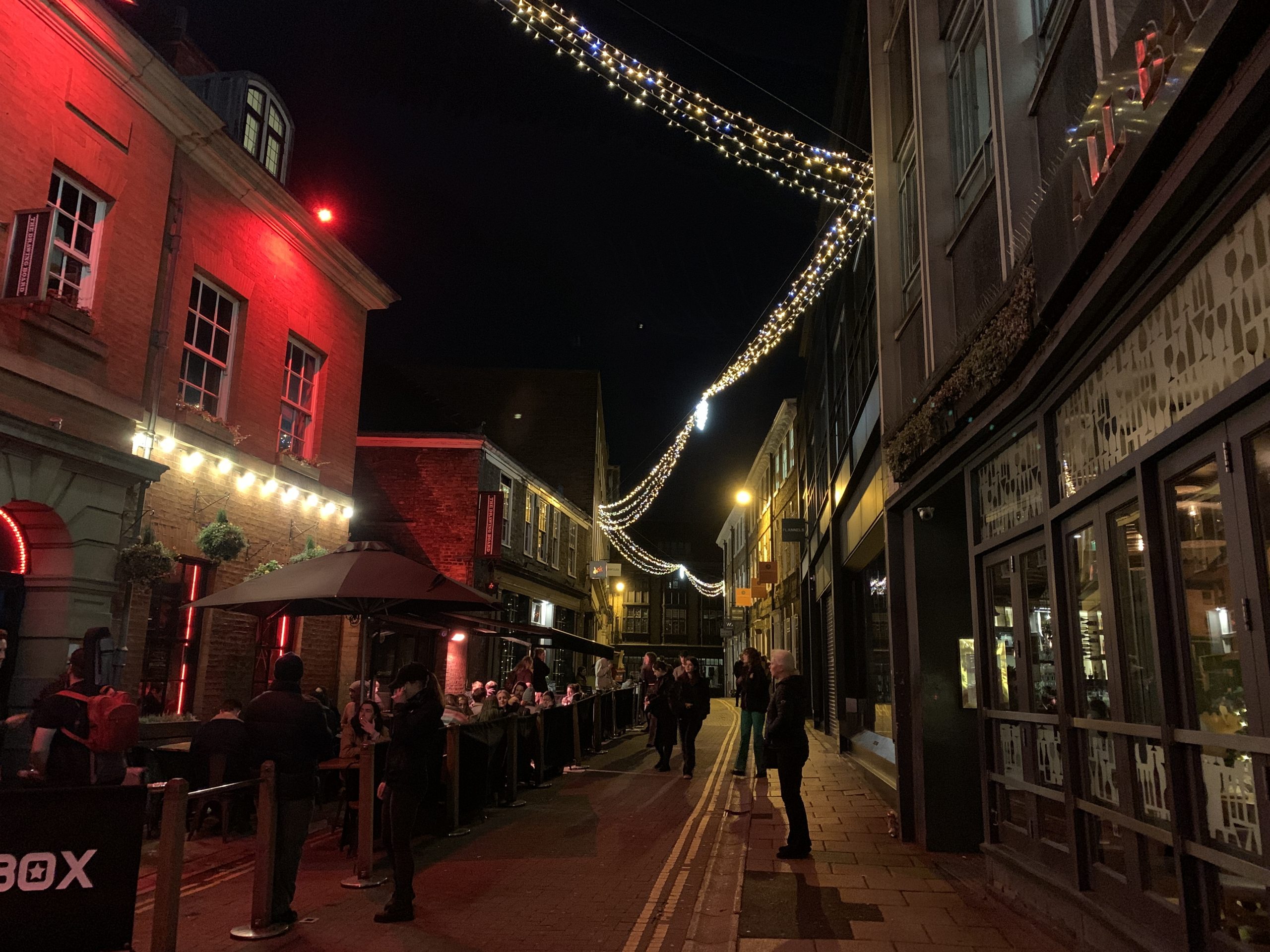After an apparent national increase in cases of spikings, including through injection, it is important now more than ever that the safety of women remains at the front of our minds.
Following successful boycotts of clubs and on-campus bars by the York branch of Big Night In, many students and staff are hopeful that changes can be made to protect us from the awful experience of being spiked. A national movement focusing on raising awareness and inciting change, Big Night In promoted increased club security, drink protection devices, and access to medical support. But I strongly believe that the battle for women’s safety is far from over.
What should be a safe, fifteen-minute journey from the Minster back to Campus West, the walk from York city centre is quickly becoming yet another point of concern for female students. Not only are buses now more unreliable than ever, but the threat of being followed home remains a widespread issue.
It’s disgusting that women have to be constantly concerned about being followed home in the first place, but after a friend and I were tailed back to campus, I knew that this wasn’t an issue that was going to go away.
We’d had a great night out and decided to walk back to campus because we wanted to sober up and didn’t want to split an Uber. The man that followed us definitely wasn’t a university student. What originally was an unfortunately all-too-common experience of being chatted up as we crossed paths on the street soon devolved into a distressing half-run home.
I’d realised that something was off when he followed us into a local M&S and tried to strike up a conversation. He then persisted to follow us right back onto campus until we eventually lost him, and if I hadn’t been borderline sober, I doubt we would’ve been able to.
What made it even more terrifying for me wasn’t just the fact that it took place in the early hours of the night, but that my friend hadn’t sobered up enough to even notice. The thought of intoxicated students being followed back to campus completely unaware is horrifying, and I strongly believe that my experience was probably one of many.
Women should be able to have a fun night out and travel home as they please, they shouldn’t have to choose between spending money on a taxi or possibly threatening their own safety by walking home. And even then sometimes the former still isn’t safe enough.
So, what can men do to try and make women feel as safe as possible?
I think perhaps what is most obvious is that if a woman you are walking behind seems distressed and keeps checking you are there, cross the road and put some distance between you. Simple. Similarly, if a woman appears uncomfortable in a conversation, change the subject. Again, fairly simple. Similarly, it’s probably safe to say that the average woman doesn’t actually appreciate being catcalled, so I would recommend avoiding doing so. For those with female friends, do the bare minimum and check that they get home safe after a night out.
It’s disappointing that these sorts of things need to be pointed out in 2021, but unfortunately women’s safety is still a big issue worldwide.
It ultimately comes down to treating women with basic respect, as you would any other human being. It shouldn’t be the case that catcalling, being inappropriately chatted up, and stalking has become a day-to-day experience for women of all ages, with the normalisation of misogynistic male ‘banter’ becoming more and more harmful.
Whilst movements like #MeToo have shed some light on the potentially threatening nature of male behaviour, the conversation around women’s safety needs to continue in order for female students to feel safer at university.
There are so many men that are respectful towards women, but there’s still a huge minority that cause us to fear for our lives, and it’s vital that male York students don’t make up the latter.
